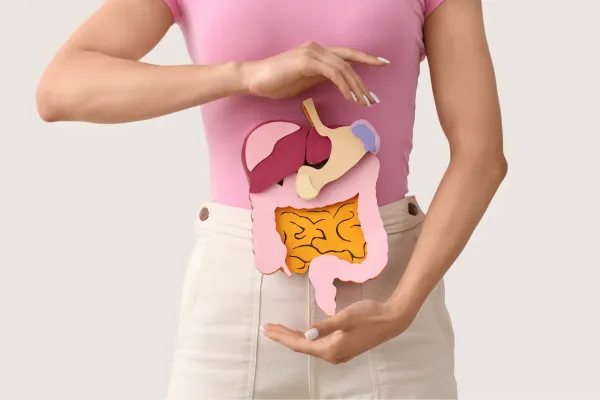
Let’s Talk About Bowel Health: PT for Constipation and Control
Let’s be real—talking about bowel movements isn’t exactly dinner table conversation. But here’s the thing: bowel health plays a major role in how we feel every single day. And if you're dealing with chronic constipation, straining, or urgency issues, you’re definitely not alone—and definitely not stuck with it.
At Body Works Women’s Health & Wellness in Greer, SC, we see women every week who’ve silently suffered with these issues for months, sometimes years. But here’s the good news: there’s help, and it doesn’t have to involve medications, invasive procedures, or just “living with it.”
Pelvic floor physical therapy can be a game-changer for improving bowel function. Let’s break it down.
Why Bowel Issues Happen (And Why They Stick Around)
Your pelvic floor isn’t just about your bladder and reproductive organs—it also plays a critical role in bowel control. When the pelvic floor muscles are too tight, too weak, or just not coordinating properly, things can go haywire:
Chronic constipation: Difficulty passing stool, incomplete emptying, or needing to push excessively.
Fecal urgency: A sudden, hard-to-control need to go—often without much warning.
Bowel incontinence: Leaking stool or gas, especially during physical activity or sneezing.
Incomplete emptying: That “not quite done” feeling, even after you’ve gone.
Many of these symptoms are due to dysfunction in the muscles, nerves, or coordination of your pelvic floor—and that’s where we come in.
How Physical Therapy Helps with Constipation and Bowel Control
At our Greer SC physical therapy clinic, we take a whole-body approach to bowel health. Here's how we help:
1. Pelvic Floor Muscle Training
Sometimes, the muscles around the rectum and pelvic floor are too tight—making it hard to release stool. Other times, they’re too weak or out of sync. Through manual therapy, biofeedback, and gentle retraining exercises, we help your body learn the right way to relax and contract at the right time.
2. Posture and Breathing Techniques
You might not realize how much posture and breathing affect your pelvic floor, but poor alignment or breath-holding can put extra pressure on your bowels. We’ll coach you through positioning and relaxation strategies that support easier, more complete bowel movements.
3. Manual Therapy
Tension in the abdomen, hips, or even your tailbone can interfere with bowel function. Our physical therapists use hands-on manual therapy in Greer SC to release restrictions and improve mobility, helping your body work more efficiently.
4. Education on Toileting Mechanics
Yes—how you sit on the toilet and how you breathe during a bowel movement matter. We’ll walk you through the best ways to set yourself up for success (and no, you’re not doing it wrong—we’re just here to optimize it).
It’s Not “Just How Your Body Works”
One of the most frustrating things we hear from patients is that they’ve been told their symptoms are “normal” or “just part of getting older.” But here’s what we want you to know:
Common doesn’t mean normal.
And more importantly, you don’t have to live with it.
Whether you're recovering from childbirth, navigating perimenopause, or just feel like your gut hasn’t worked right in ages, we’re here to help. We specialize in chronic pain physical therapy, manual therapy, and outpatient physical therapy for bowel and pelvic conditions—all delivered with compassion, discretion, and a lot of care.
Ready to Feel Better?
If you're tired of planning your life around the bathroom or feeling uncomfortable every time you go, it's time to take a step toward relief.
Reach out to Body Works Women’s Health & Wellness in Greer, SC, and let’s talk about how pelvic floor PT can help restore control, comfort, and confidence—right where it matters most.



